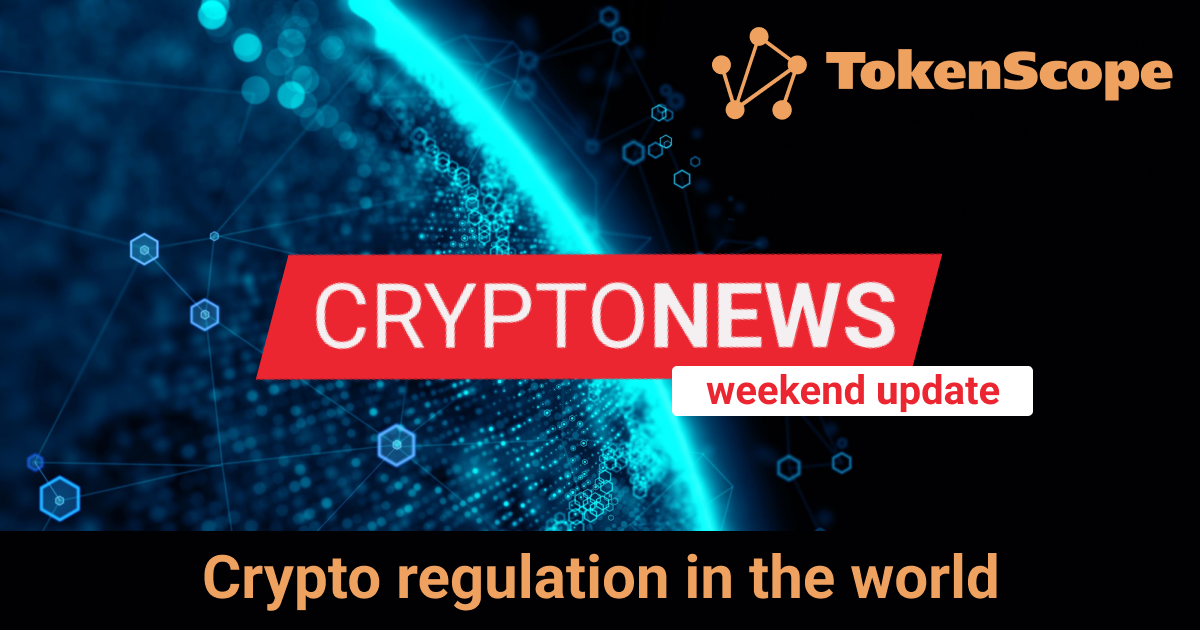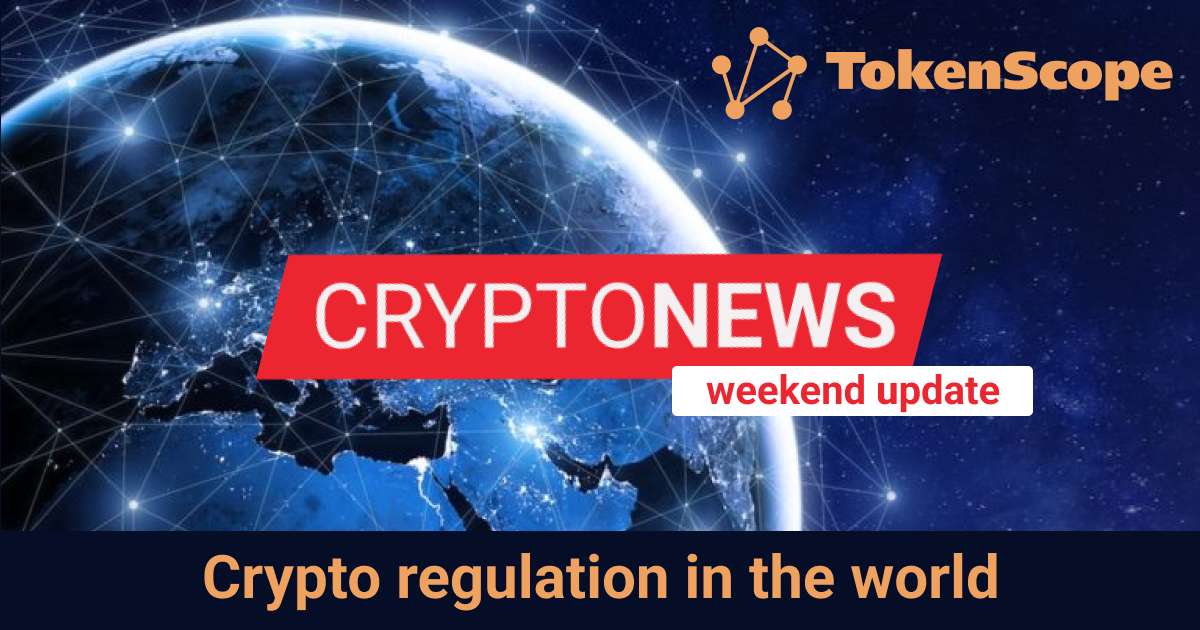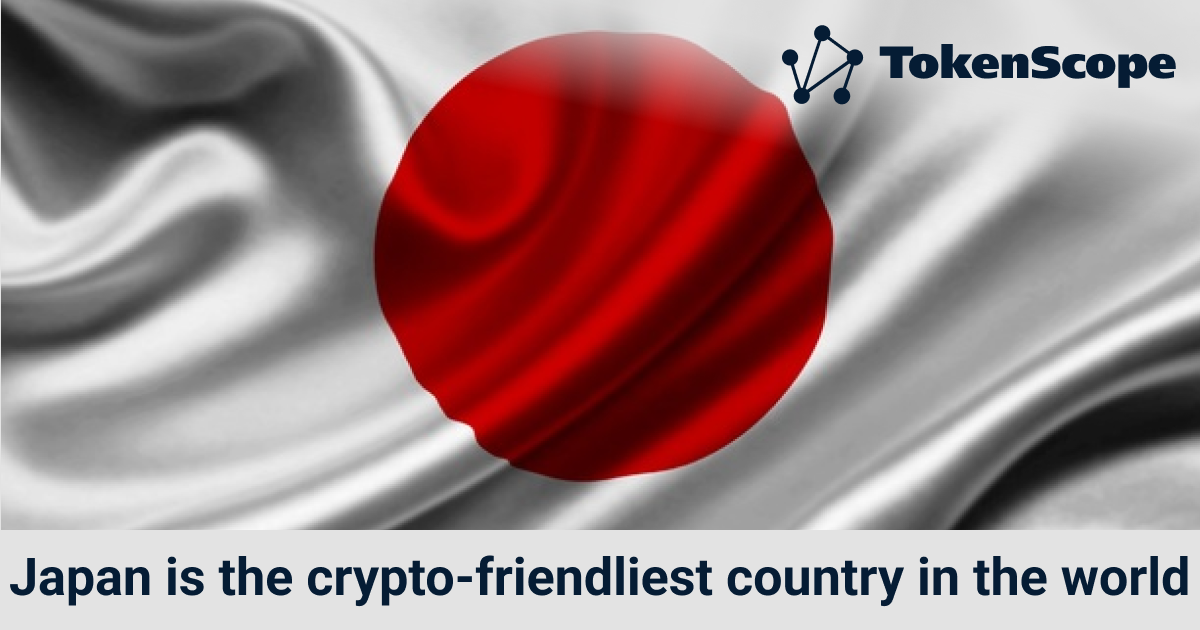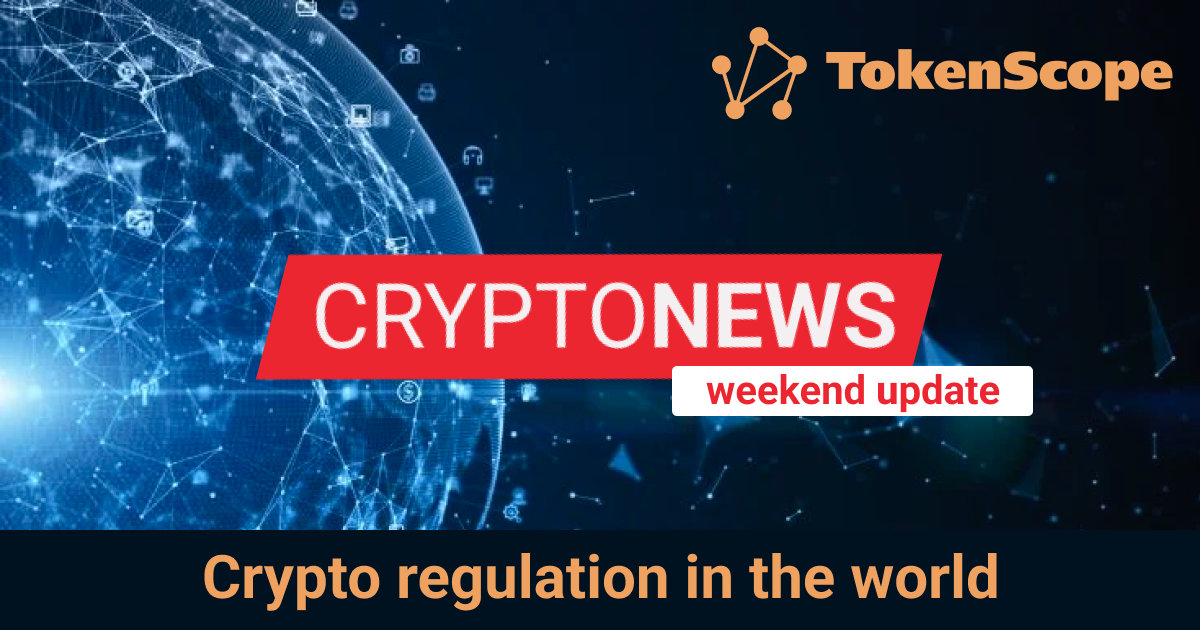Regulation of digital currencies in the UAE: what you should know
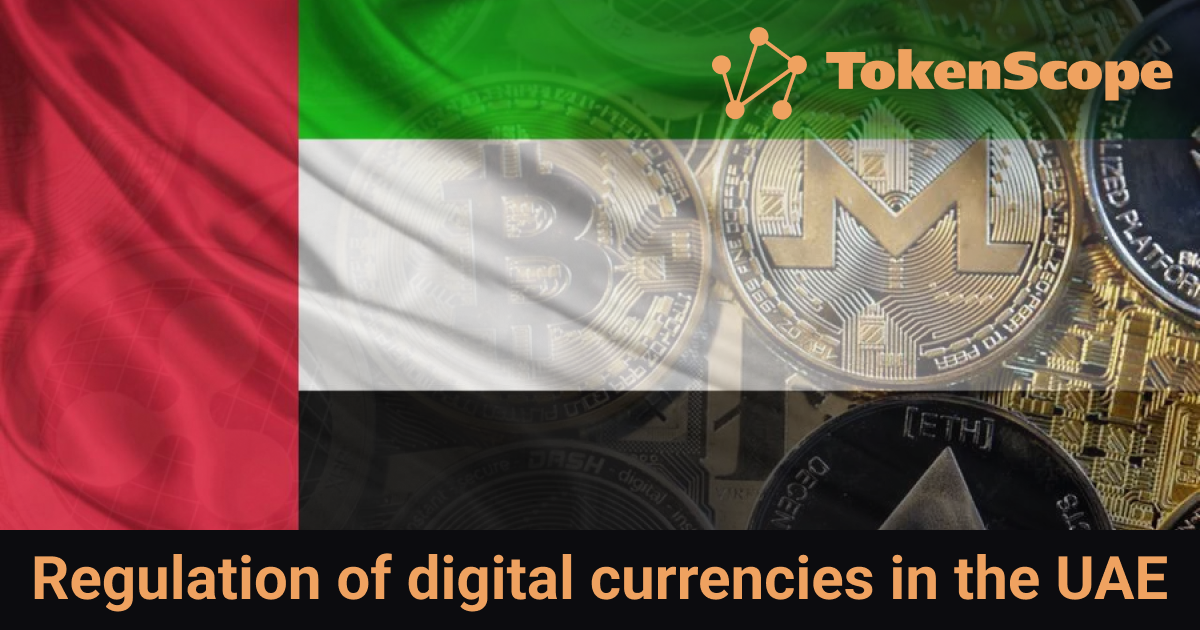
The United Arab Emirates remains one of the most cryptocurrency-friendly countries in the world, where governmental authorities support initiatives related to the cryptocurrency turnover and regulation and the development of blockchain-based products and services. In 2018 the country introduced Emirates Blockchain Strategy 2021 through which it makes an attempt to transfer more than a half of the government’s document flow and operations onto the blockchain-powered platform within three years. The initiative aims to save more than $3 billion in papers, processing and shipping.
In 2016, the Dubai Future Foundation established the Global Blockchain Council where both private companies and public stakeholders can share knowledge and best practices in the study and development of blockchain technology as well as the promotion of blockchain-based products. The Council supports the development of public-private partnerships in creating a stable ecosystem around the blockchain techology. At the moment, the Council includes 46 members from among international companies, banks, government bodies, which can be considered as key players in the industry.
Despite the active support for the development and implementation of the blockchain technology, for a long time there have been no unified regulation of cryptocurrenciy in the country and there were no common legal framework in this area. The Central Bank of the UAE has never imposed bans on the possession and use of crypto assets , but also has not licensed transactions with cryptocurrencies and didn’t recognize them as legal tender.
At the same time, in 2020, the Central Bank of the UAE and the Central Bank of the Saudi Arabia published a joint report titled “Project Aber: Joint Digital Currency and Distributed Ledger Project”, which explores the possibilities of a single dual-issue digital currency as an instrument of domestic and cross-border settlement between the two countries. The peculiarity of this project is that the proposed central bank digital currency (CBDC) is based on two fiat currencies - the UAE Dirham and the Saudi Riyal.
The UAE consists of 7 Emirates, each of which may have its own regulation in the financial sector. At the federal level, in addition to the Central Bank of the UAE, regulation is also carried out by the Securities and Commodities Authority (SCA). The UAE’s largest free economic zone The Dubai Multi Commodities Centre (DMCC) fall under their supervision. For example, in 2020 SCA adopted the Regulation on Virtual Assets, which regulates the offer, issue, listing and trading of crypto assets in the country.
In addition, there are two free economic zones that have their own financial supervising authorities: the Dubai International Financial Center (DIFC), regulated by the Dubai Financial Services Authority, and the Abu Dhabi Global Market (ADGM), which is supervised by the Abu Dhabi Financial Services Regulatory Authority. The DMCC has allowed trading in crypto assets as a licensable regulated activity going back to 2017. At the moment, more than 100 companies operating in the crypto field are part of the DMCC. To further popularize blockchain technology and develop financial services in this area, the DMCC Crypto Centre was launched in May 2021. Its primary goal is to create optimal conditions for the creation and growth of cryptocurrency projects.
The Abu Dhabi Financial Services Regulatory Authority (FSRA) in 2017 issued comprehensive guidelines related to digital financial assets as the Regulation of Initial Coin/Token Offerings and Virtual Currencies under the Financial Services and Markets Regulations. Later FSRA published the crypto regulatory guidelines in ADGM which were updated in 2020. These guidelines include various requirements for virtual assets service providers (VASP), AML/CFT requirements and more.
In the late 2021, the Dubai International Financial Center also received a regulatory framework in the field of crypto assets turnover. First of all, the regulation concerns the issuance of various tokens for investment purposes.
Another significant step towards virtual assets regulation was an approval of the Regulation of Virtual Assets in the Emirate of Dubai (the “Virtual Assets Law”). The purpose of the law is to create a unified legal framework in Dubai (with the exception of the Dubai International Finance Centre) in the field of regulation of digital assets and the introduction of international standards in this area. The Law also establishes the Dubai Virtual Assets Regulatory Authority (VARA), an entity affiliated to the Dubai World Trade Centre Authority, as Dubai’s primary virtual assets supervising body. VARA will coordinate with other existing supervising bodies, including the Central Bank and the Securities and Commodities Administration. The UAE has created a transparent and comprehensive regulatory framework for the circulation of digital currencies and digital financial assets, including various tokens and NFTs. Regulation rules differ depending on the location, but in any case, they create a favorable environment for the implementation of activities in the field of crypto assets services. All VASPs should be a legal entity with appropriate license. Crypto assets are also a subject to taxation.
According to the Kraken’s CEO Dubai's annual digital asset trading volume has already exceed the $25 billion. The UAE is taking all necessary measures to reduce the risks of conducting illicit crypto transactions. All industry regulations include effective AML/CFT mechanisms, money laundering and failure to comply with due diligence requirements are subject to fines and criminal prosecution. Thus, during the visit to the UAE last week, US treasury official praises UAE’s ‘strong framework’ in fighting financial crime.
The TokenScope Team continues to further monitor all the most important and interesting changes in crypto regulation and provides a comprehensive and prompt overview.
